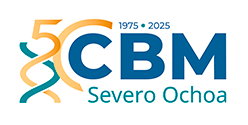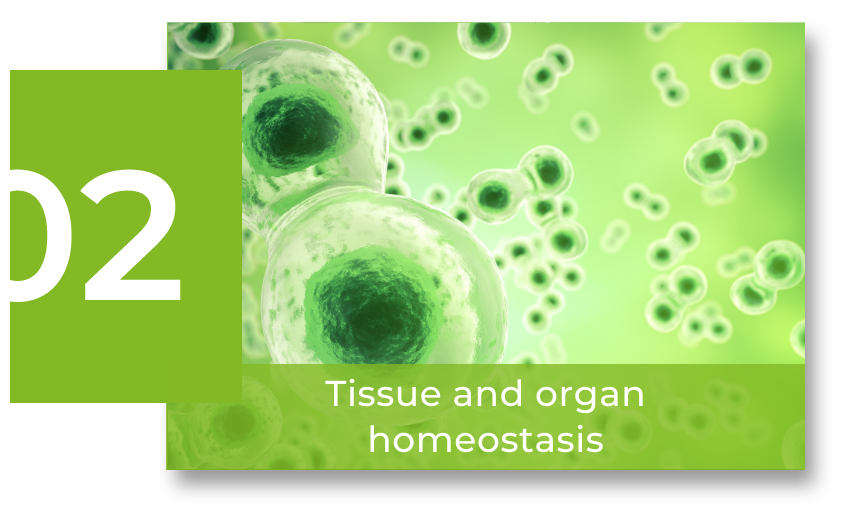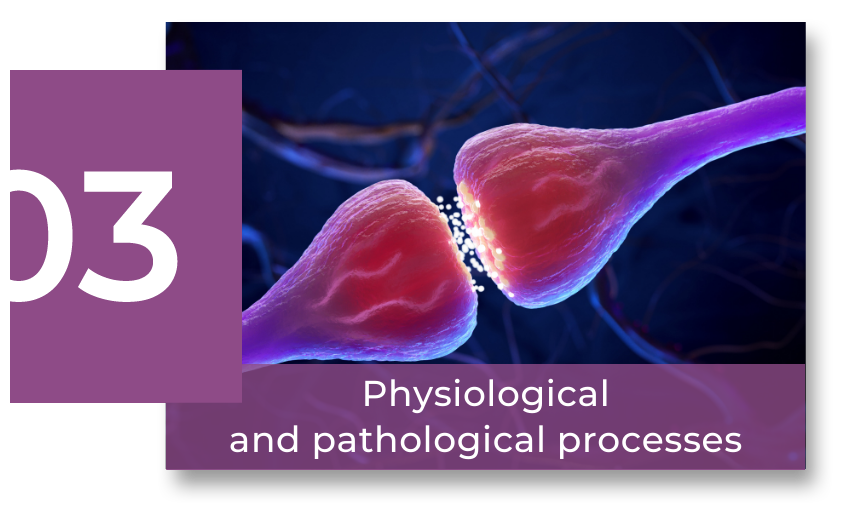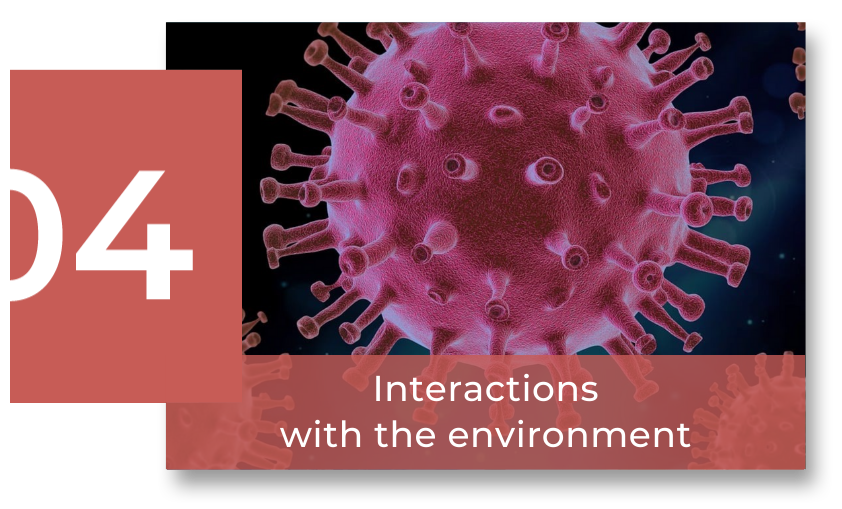Scientific Program
Physiological and pathological processes
RESEARCH GROUP
Molecular mechanisms of neurodegeneration

Francisco Wandosell
Our group is interested in a series of neurodegenerative diseases, such as Alzheimer’s, or brain tumours mostly associated with age. First, we are focused in neurodegeneration initiated by amyloid accumulation in Alzheimer’s disease using a transgenic mouse model, and how different autophagy regulators can modify the generation of -amyloid. Secondly, we are focused in glioblastomas and described a new oncogenic pathway (Akt-WIP -YAP/TAZ) responsible for cell proliferation of glioblastoma stem cells.
Research
Our group is interested in a series of neurodegenerative diseases, such as Alzheimer’s, or brain tumours that are mostly associated with age. From the beginning our studies focused first on neuronal neurodegeneration initiated by amyloid accumulation in Alzheimer’s disease (AD); and second on glia-glioma transformation.
With respect to Alzheimer’s pathology, we have verified that the inhibition of the complex called mTORC1 has a therapeutic effect both in vivo and ex vivo (in primary cultures of neurons and glia) in a transgenic mouse model of AD. This inhibition produces an activation of autophagy that leads to a reduction in the amyloid load both in transgenic mice and in neurons and glia from these mice. At this time our work focuses on the analysis of how different autophagy regulators can modify the generation/secretion of amyloid in this transgenic model.
Secondly, we focus on glioblastomas, age-related tumours, and we have published that elements regulated by Akt (such as WIP and YAP/TAZ) are responsible for cell proliferation of cancer stem cells and maintenance of their tumoral phenotype. In this new oncogenic pathway, we have described that the inhibition of the expression of WIP, YAP or TAZ stops the growth of human gliomas, both in vitro and in vivo, and we have characterized by RNA-seq the differential expression corresponding to the elimination of WIP, YAP or TAZ in gliomas and we try to identify and study the elements regulated by them that control proliferation and tumour phenotype in glioma.
Group members

Francisco Wandosell Jurado
Lab.: 213 Ext.: 4561
fwandosell(at)cbm.csic.es

Filip Lim
Lab.: 213 Ext.: 914977624
flim(at)cbm.csic.es

María José Benitez Moreno
Lab.: 206 Ext.: 4591
mjose.benitez(at)cbm.csic.es

Sergio Rivas Muñoz
Lab.: 213 Ext.: 4591
sergio.rivas(at)cbm.csic.es

Jorge de los Santos Galán Cruz
Lab.: 213 Ext.: 4591
jdls.galan(at)cbm.csic.es
Selected publications
WIP Drives Tumor Progression through YAP/TAZ-Dependent Autonomous Cell Growth
Ricardo Gargini et al.
ImmunoPEGliposome-mediated reduction of blood and brain amyloid levels in a mouse model of Alzheimer’s disease is restricted to aged animals
Lara Ordóñez-Gutiérrez et al.
Mutant p53 oncogenic functions in cancer stem cells are regulated by WIP through YAP/TAZ
M Escoll et al.
Role of Akt Isoforms Controlling Cancer Stem Cell Survival, Phenotype and Self-Renewal
Sergio Rivas et al.




